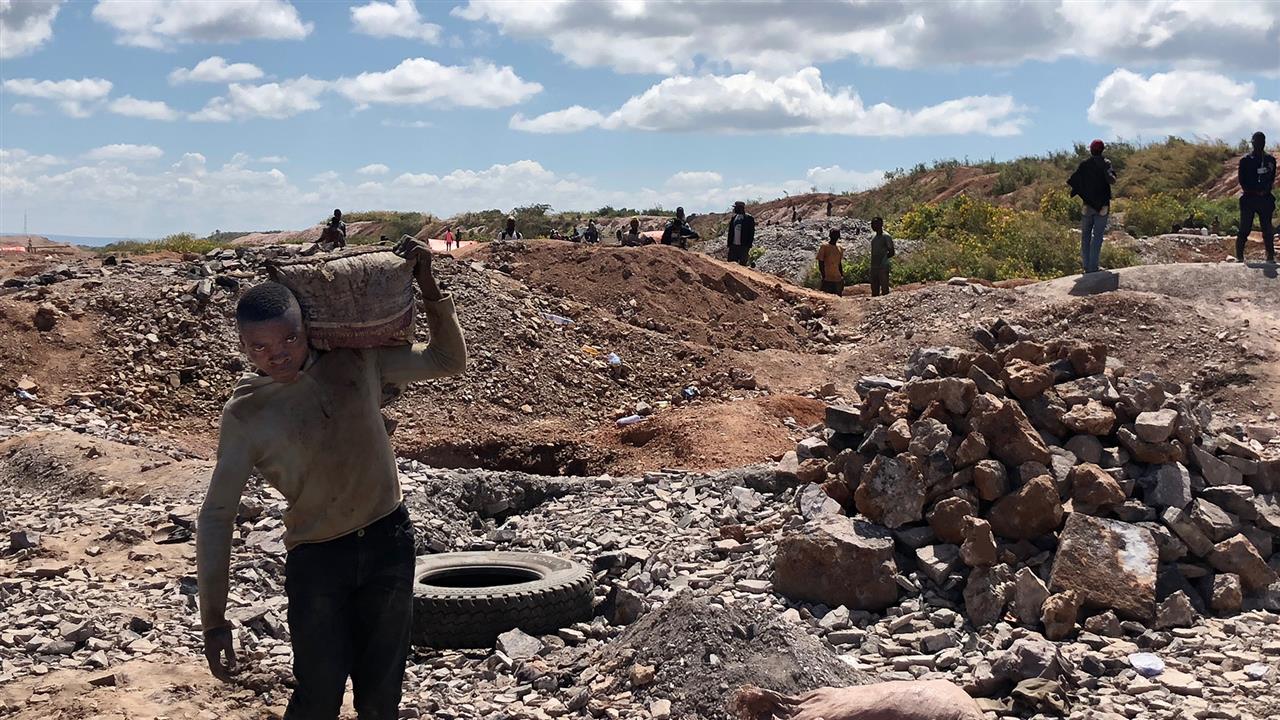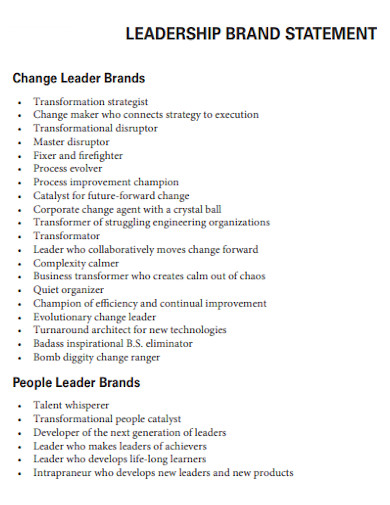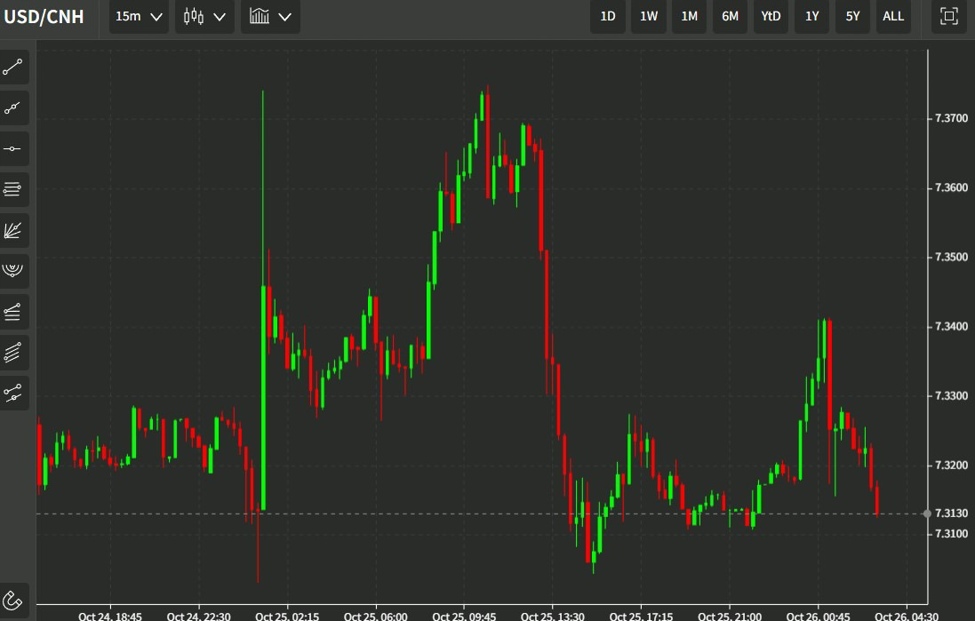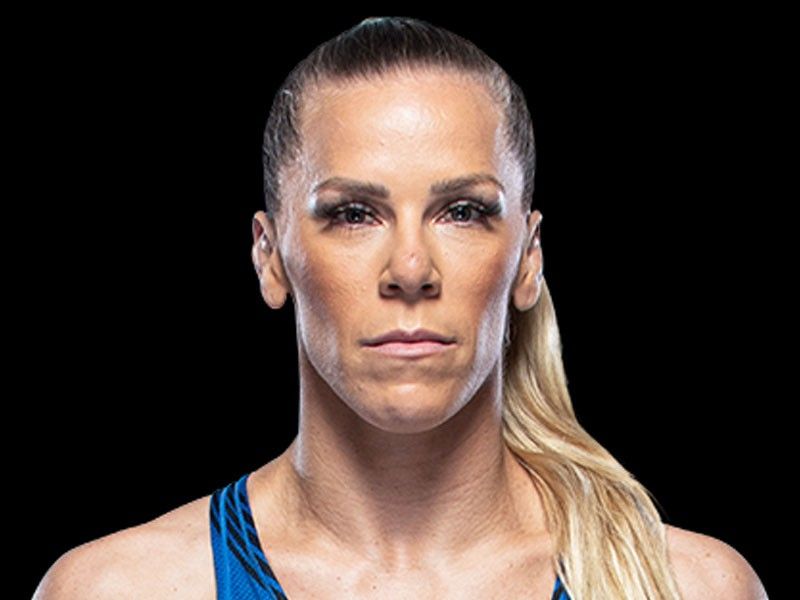The Future Of Cobalt: Congo's Quota Plan Following The Export Ban

Table of Contents
The Impact of the Cobalt Export Ban and Quota System on Global Supply Chains
The DRC's cobalt quota system directly impacts the global supply of this critical mineral, creating significant challenges and opportunities.
Disruption to EV Battery Production
The cobalt quota system directly affects the supply of this critical mineral for electric vehicle (EV) manufacturers.
- Increased costs for battery manufacturers: Reduced cobalt supply leads to higher prices, impacting the affordability and competitiveness of EVs.
- Potential delays in EV production timelines: Insufficient cobalt supply can cause production bottlenecks and delays in meeting market demand.
- Exploration of alternative battery chemistries: The cobalt shortage is driving research and development into alternative battery technologies that require less or no cobalt.
The quota impacts every stage of the supply chain, from artisanal mining in the DRC to the refining processes in China and other countries. The DRC accounts for over 70% of global cobalt production, making it a dominant player with considerable influence on global prices and availability. Any disruption to its supply significantly affects the global cobalt market.
Geopolitical Implications
The DRC's actions significantly influence global cobalt trade and power dynamics.
- Increased reliance on other cobalt-producing countries: The quota system pushes manufacturers and countries to diversify their cobalt sources, potentially leading to increased reliance on other producers like Australia, Canada, and Zambia.
- Potential for trade disputes: The quota system may lead to trade disputes between the DRC and importing countries if the quota is perceived as unfair or restrictive.
- Strengthening of trade relationships with specific nations: The DRC may forge stronger trade relationships with specific countries that are willing to comply with its new quota system.
International organizations like the Organisation for Economic Co-operation and Development (OECD) and the European Union play a crucial role in monitoring and managing the global cobalt supply chain, promoting responsible sourcing and fair trade practices.
Environmental and Social Concerns Related to Cobalt Mining in the DRC
The cobalt quota system presents both challenges and opportunities for improving environmental and social conditions in the DRC's mining sector.
Sustainable Mining Practices
The quota system provides an opportunity to promote more environmentally and socially responsible cobalt mining.
- Implementation of stricter environmental regulations: The DRC government can use the quota system to incentivize sustainable mining practices by prioritizing companies adhering to stricter environmental standards.
- Improved worker safety standards: The quota system can be used to improve worker safety and health by ensuring compliance with international labor standards.
- Fair labor practices: The system should encourage fair wages, decent working conditions, and the elimination of exploitative labor practices.
- Community engagement initiatives: Mining companies should actively engage with local communities, contributing to their development and well-being.
However, enforcing sustainable practices in artisanal and small-scale mining remains a significant challenge. The involvement of international organizations and certifications like Fairtrade can help improve transparency and accountability.
Child Labor and Human Rights
Addressing child labor and human rights abuses in cobalt mining remains a critical concern.
- The impact of the quota system on child labor: The quota system needs to be carefully designed to avoid exacerbating child labor issues, for instance, by not unintentionally creating more demand for informal, unregulated mines.
- Strategies for monitoring and enforcement: Robust monitoring and enforcement mechanisms are needed to ensure compliance with child labor laws and international human rights standards.
- The role of NGOs and international bodies: Non-governmental organizations (NGOs) and international bodies play a vital role in monitoring human rights conditions and advocating for better protections for workers.
Reliable statistics on child labor prevalence in cobalt mining are difficult to obtain, highlighting the need for improved data collection and reporting. Organizations like Amnesty International and Human Rights Watch are actively involved in raising awareness and advocating for change.
Economic Development and Revenue Generation for the DRC
The DRC aims to leverage the cobalt quota system to maximize its economic benefits and revenue generation.
Maximizing Economic Benefits
The DRC seeks to maximize its revenue from cobalt exports through this new system.
- Strategies for increasing government revenue: This includes implementing fair taxation policies, improving revenue collection, and negotiating favorable contracts with mining companies.
- Investment in infrastructure and community development: The increased revenue should be used to invest in infrastructure development, education, healthcare, and other essential services for local communities.
- Fair pricing mechanisms for cobalt: Transparent and fair pricing mechanisms will ensure that the DRC receives a fair share of the profits generated from cobalt exports.
Diversifying the Congolese economy beyond cobalt is crucial for long-term economic stability and resilience.
Transparency and Accountability
Effective implementation of the quota system demands transparency and accountability.
- Mechanisms for monitoring cobalt exports and revenue generation: Transparent mechanisms are required for tracking cobalt exports, ensuring accurate reporting of production volumes, and monitoring revenue streams.
- Preventing corruption: Strong anti-corruption measures are essential to prevent the misappropriation of funds and ensure that the benefits of the quota system reach the Congolese people.
- Strengthening governance structures: Strengthening governance structures within the DRC's mining sector is crucial for improving transparency and accountability.
International partnerships and oversight are essential to ensure that the quota system is implemented effectively and transparently.
Conclusion
Congo's cobalt quota plan, implemented following considerations of an export ban, presents a complex situation with significant implications for global supply chains, environmental sustainability, and economic development within the DRC. Successfully navigating this new landscape requires a concerted effort from the Congolese government, mining companies, international organizations, and consumers to promote responsible sourcing, sustainable mining practices, and fair labor standards. The future of cobalt hinges on effective implementation of the quota system and a commitment to transparency and accountability. Learn more about the ongoing developments in Cobalt export ban Congo and participate in shaping a sustainable future for this vital mineral.

Featured Posts
-
 An Obscure Apps Rise A Challenge To Metas Market Leadership
May 15, 2025
An Obscure Apps Rise A Challenge To Metas Market Leadership
May 15, 2025 -
 Analysis Pbocs Reduced Yuan Intervention And Market Implications
May 15, 2025
Analysis Pbocs Reduced Yuan Intervention And Market Implications
May 15, 2025 -
 Bim 25 Subat Sali Ve 26 Subat Carsamba Aktueel Ueruen Katalogu Indirimli Ueruenler
May 15, 2025
Bim 25 Subat Sali Ve 26 Subat Carsamba Aktueel Ueruen Katalogu Indirimli Ueruenler
May 15, 2025 -
 Golden State Warriors Win Over Houston Rockets Thanks To Jimmy Butlers Dominance
May 15, 2025
Golden State Warriors Win Over Houston Rockets Thanks To Jimmy Butlers Dominance
May 15, 2025 -
 Jimmy Butler Picks Rockets Vs Warriors Game 6 Predictions And Best Bets
May 15, 2025
Jimmy Butler Picks Rockets Vs Warriors Game 6 Predictions And Best Bets
May 15, 2025
Latest Posts
-
 After Chandler Fight Is A Ufc Title Next For Paddy Pimblett
May 15, 2025
After Chandler Fight Is A Ufc Title Next For Paddy Pimblett
May 15, 2025 -
 Can Paddy Pimblett Win The Ufc Title A Legends Prediction
May 15, 2025
Can Paddy Pimblett Win The Ufc Title A Legends Prediction
May 15, 2025 -
 Pimbletts Post Chandler Future A Ufc Title Shot On The Horizon
May 15, 2025
Pimbletts Post Chandler Future A Ufc Title Shot On The Horizon
May 15, 2025 -
 Mlb History Rewritten Padres Accomplish Unheard Of Feat
May 15, 2025
Mlb History Rewritten Padres Accomplish Unheard Of Feat
May 15, 2025 -
 From Written Off To Title Contender Paddy Pimbletts Rise
May 15, 2025
From Written Off To Title Contender Paddy Pimbletts Rise
May 15, 2025
